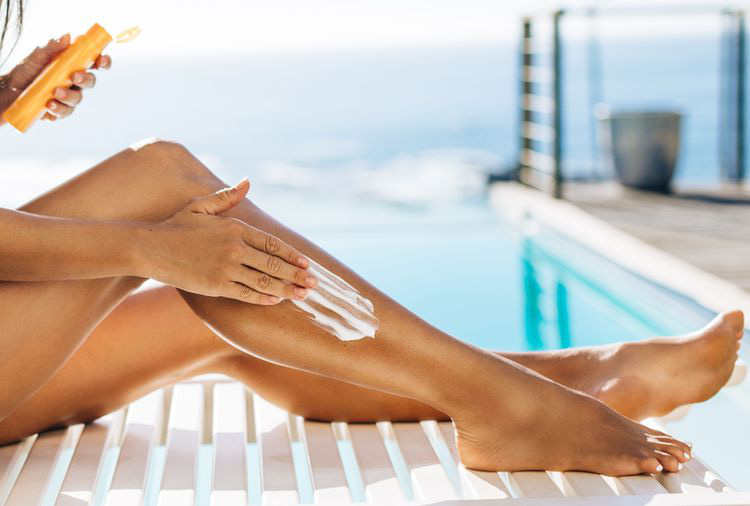
There is no medical evidence that sunscreen causes cancer - Photo: Getty
This trend suggests that sunscreen not only does not protect the skin, but is also linked to the risk of cancer. Is this true, and should we, or should we not, use sunscreen?
Anti-sunscreen due to cancer fear
According to Yahoo Life, the anti-sunscreen trend started after some doctors on social media claimed that certain sunscreens and the ingredients used could be linked to cancer.
According to Dr. Anisha Patel, associate professor in the department of dermatology at the MD Anderson Cancer Center at the University of Texas, there is no medical evidence that sunscreen causes cancer.
She stressed that although sunscreens have been found to contain benzene as a contaminant, it is not officially used in sun protection factor (SPF) formulas. Sunscreens containing benzene have since been withdrawn from shelves.
Dr. Patel also notes the difference between chemical and physical sunscreens, as well as the importance of reapplying throughout the day.
Sunscreen helps protect the skin from ultraviolet (UV) rays by absorbing or reflecting them. It can also help reduce the risk of skin cancer, sunburn, dark spots and hyperpigmentation, improve skin texture, slow down the formation of wrinkles and help the skin maintain its natural elasticity.
Most aestheticians and dermatologists recommend applying sunscreen as the last step in your morning skin care routine, no matter the time of year, and reapplying throughout the day depending on how much sun exposure you have.
How to choose sunscreen?
When choosing a sunscreen, it is important to choose one with a higher SPF as they offer better protection against UV rays. It is also important to choose one that offers broad spectrum protection, as these protect against both ultraviolet A (UVA) and ultraviolet B (UVB) rays.
Studies also recommend choosing ones that are water-resistant or water-repellent, as the sun can reflect off of you and make you more susceptible to sunburn when you’re near large bodies of water. Applying sunscreen is even more important if you’re spending the day by the pool or at the beach.
By blocking UVB rays, sunscreens have another effect. They can limit the body's ability to produce vitamin D, which is important for immune and bone health.
You can get some vitamin D through your diet or supplements. However, the main natural source of vitamin D is sunlight.
To get enough vitamin D, people with fair skin only need about 10 to 15 minutes of sun exposure on their face, arms, and legs a few times a week. People with darker skin may need up to 30 minutes more.
Some believe that ultraviolet rays from the sun can cause skin cancer, so getting vitamin D through exposure to sunlight is not recommended. UV rays are strongest in spring and summer, closer to the equator, and between 10am and 4pm.
However, Diya Mutasim, professor of dermatology at the University of Cincinnati College of Medicine, says "there are some benefits to getting a little sunlight for vitamin D synthesis and for your mood."
The key is to reap the benefits of the sun without causing changes to your skin, says Mutasim. Mild redness and even a tan indicate sun damage. Many factors, including cloud cover, time of day, and season, can affect how quickly you develop sun damage.
Professor Murasim stressed that it was clear that anyone planning to be in the sun for long periods of time should have a plan to protect exposed skin. That means applying a water-resistant, broad-spectrum sunscreen with an SPF of at least 30.1.
Source: https://tuoitre.vn/kem-chong-nang-co-gay-ung-thu-khong-20240616100056369.htm






![[Photo] Prime Minister Pham Minh Chinh chairs conference on anti-smuggling, trade fraud, and counterfeit goods](https://vphoto.vietnam.vn/thumb/1200x675/vietnam/resource/IMAGE/2025/5/14/6cd67667e99e4248b7d4f587fd21e37c)

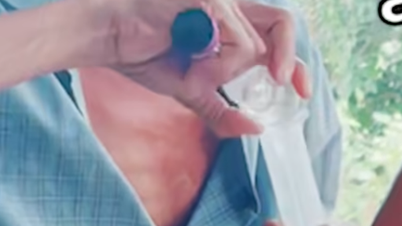










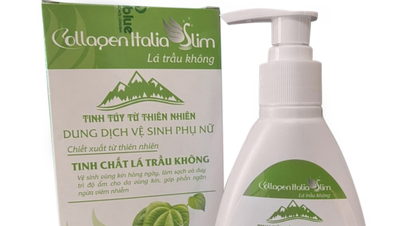


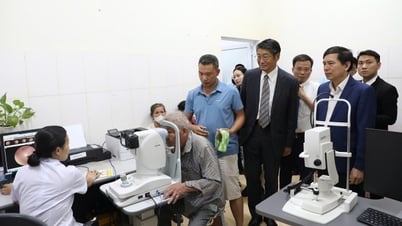






















































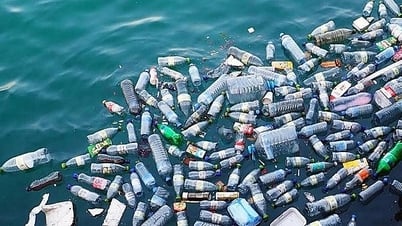


















Comment (0)